- Learning time
- 30 minutes
- First play time
- 120 minutes
Freedom: The Underground Railroad
Designed by: Bryan Mayer
Based on one of the darkest chapters in American – but not just American – history, Freedom is inspired by the efforts to bring about the abolition of slavery, and the secret network – the ‘railroad’ – that abolitionists created to smuggle the oppressed from plantations in the south to the comparative safety of the northern states and Canada.
In the game players each take on a specific role, but work together in order to win: depending on how many players you have, Freedom demands that by the end of the eighth round (or before) a certain number of slaves must be freed, no more than another number may be lost, and the support for the abolitionist movement gained.
The board shows a map with the cubes representing slaves in the south, and the haven of Canada in the north. Between the two are routes the slaves can be taken, but five slave-catcher pieces patrol these routes, and if they ever occupy the same space as a slave, they’re returned to the plantations. On the left of the board are three columns representing the three time phases of the struggle, and in each phase there are tokens that can be taken freely (fundraising tokens) or purchased for use (conductor and support tokens). Support is expensive, and has no short-term benefit, but all support tokens must be bought in order for players to win. Conductor tokens can be played during an action phase, and are used to move the slaves along the paths leading north – with the catch that any slave stopping on a slave-catcher path triggers the catcher in question to move one space along the path towards them. When a slave reaches Canada, they are considered safe. But as well as the slave catchers there is another ticking clock for the players…
At the end of each round more slaves are sold to the plantations (between 4-7, but also any extra caught during the round). Any the plantations don’t have room for are lost, and losing too many slaves will result in players instantly losing the game.
A few things help you on this otherwise grim odyssey. Fundraising tokens can be spent to raise cash, which in turn buys support and/or more conductors. Likewise slaves arriving in the sympathetic northern cities will give payments to the player who moves them there. Abolitionist cards can be purchased to assist you or your like-minded abolitionists’ plans (although beware – a minority of them can harpoon them as well) . And finally each player’s specific role gives them specific abilities, often around the movement of slaves along the railroad to safety. Utilising these well is key to success.
When a set amount of support has been bought by the players, the current abolitionist cards are removed and the next set of cards and tokens in the timeline come into play. The game ends either when too many slaves are lost, when the players have won, or at the conclusion of the eighth round with one of those outcomes evident.
The guru's verdict
-
Take That!
Take That!
None from the players, who work together.
-
Fidget Factor!
Fidget Factor!
Low - working co-operatively, the game encourages discussion and planning.
-
Brain Burn!
Brain Burn!
Mostly tactical. Your goals are easy, the fluctuations in play are down to the draw of the abolitionist cards, the slave-catcher movement, and the players' own plans.
-
Again Again!
Again Again!
Lots of variety in set-up. How much you play Freedom may come down less to the mechanics, and more the theme.

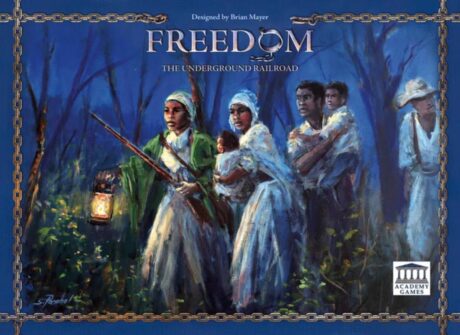
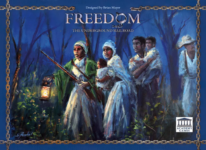
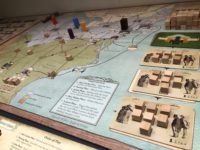
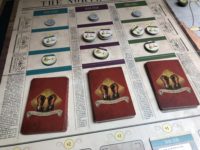
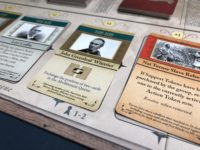

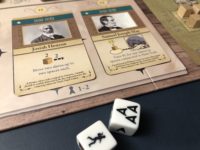


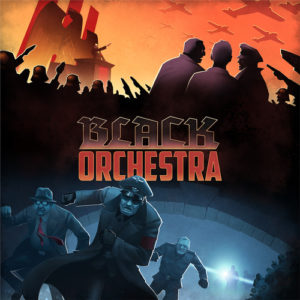
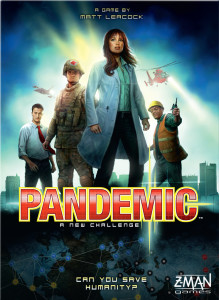
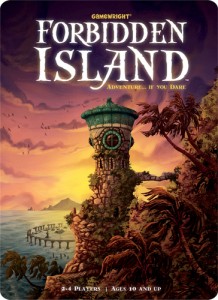
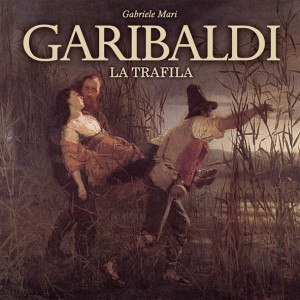
Sam says
Plenty of games take on uncomfortable historical themes, but they're usually through the gauze of war: a fight, a recreation of combat, a battle of wits. Freedom could have gone that way, with players pitted against each other fighting for and against the abolitionist cause, but considering the moral human vacuum that slavery is, was perhaps wise in not setting it up as a debate of any description. The game's 'AI' is the bad guy here, and the players represent both the abolitionist cause and deeds, based on real historical events. It's both fascinating and appalling at the same time, as you are forced to make the hard choices in order to succeed - albeit winning here feels a much-compromised term. Is it right to make a game themed on slavery? Well, it's more 'right' than the games who blithely use slaves as a resource. Like Pax Pamir, this is a game more interested in exploring a theme than exploiting it. I'm not sure that makes it playful, or a game to return to many times, but I'm glad Freedom exists - as an educational tool if nothing else, it succeeds.